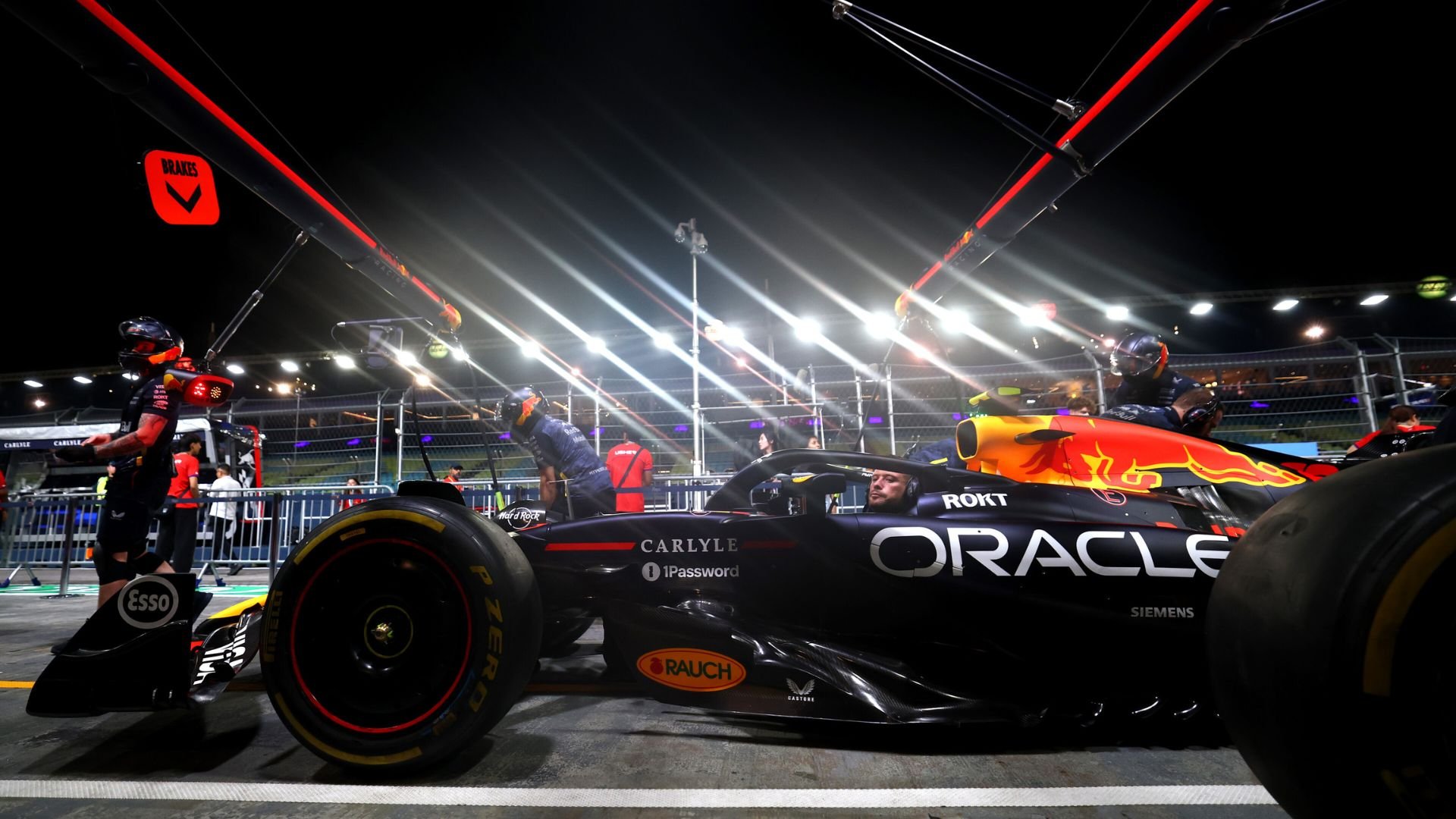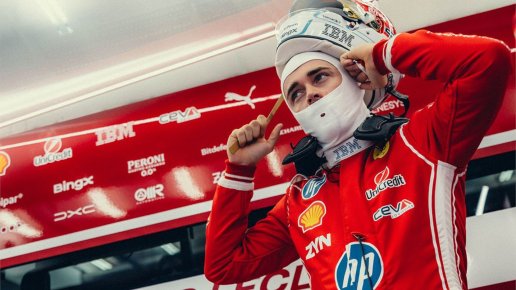
Photo: Getty Images / Red Bull Content Pool
FIA warns about the extreme heat at Singapore Grand Prix

The FIA has issued a heat warning ahead of this weekend’s Singapore Grand Prix, with drivers expected to race in punishing 31°C conditions. Cooling vests or added ballast will now be required as Formula 1 enforces its official heat hazard protocols.
F1 & MotoGP news to your inbox every day.
The Singapore Grand Prix has always been known as one of the most demanding races in Formula 1, combining a stop-start street circuit with the heat and humidity of the city. This year, the event has officially been declared a Heat Hazard by the FIA, the sport’s governing body.
Weather forecasts predict temperatures around 31°C on both Saturday and Sunday, which is the FIA’s threshold for triggering heat protocols. Race director Rui Marques informed teams on Thursday that special measures will apply throughout the weekend.
Drivers now face a choice: they can wear cooling vests inside the cockpit or, if they prefer not to, their cars will be required to carry extra ballast. Even if a driver chooses not to wear a vest, their car must be fitted with the system’s equipment, including a coolant pump, reservoir and a heat exchanger.
The rules make it clear: if a cooling vest is not used, 0.5kg of ballast must be added to balance out the weight difference. This compromise was created after several drivers complained that the vests, while helpful in lowering body temperature, made the already cramped cockpits feel even tighter.
The cooling vest system was introduced after last year’s Qatar Grand Prix, where extreme heat left multiple drivers in distress, with some needing medical treatment. While the technology has been common in endurance racing for years, F1 drivers remain cautious, worried about both comfort and the rare but alarming risk of system failures.
Mercedes driver George Russell became the first to test the design at this year’s Bahrain Grand Prix. He credited it with helping him stay focused and physically sharp in difficult conditions, even as he managed car issues on his way to a second-place finish.
“Of course, there’s always room to improve,” Russell said after the race to Motorsport.com. “But the team believed in the system, and I wanted to give it a try. So far, so good.”
As Singapore prepares for its notoriously tough night race, all eyes will be on how drivers adapt to the heat and whether cooling technology proves to be a game changer.







